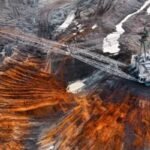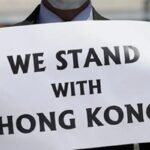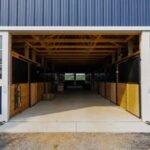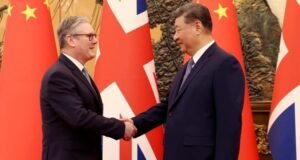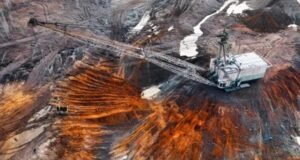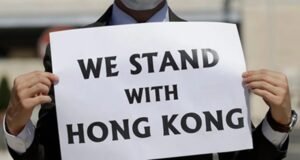
An example is the government of Hong Kong, whose relatively rights-respecting “second system” began to more rapidly collapse after China imposed the National Security Law of 2020.
Last year, Hong Kong Free Press talked about how it tried to obey official calls to “tell a good Hong Kong story” by requesting interviews with more than a dozen government departments (“How the gov’t thwarted HKFP’s effort to ‘tell a good Hong Kong story,’ despite repeated calls from top officials,” January 23, 2024).
“But whilst the government’s own Information Services Department, and pro-establishment media outlets, are often granted access to tell ‘good stories,’ other local and international outlets are rejected.”
Hong Kong Free Press gave it the old college try.
From firefighting to forensics
HKFP asked the Fire Services Department for interviews to learn how firefighters “prepare for the day, conduct their work, assist other departments, maintain gear, stay fit, and train staff.” The department responded: “Thank you for your enquiry. We regret to inform you that your interview request could not be acceded to.”
HKFP asked the police for access to the canine unit “to see how officers care for dogs, liaise with other police teams, and stay fit.” Answer: “We are sorry to inform you that no interview could be arranged.”
HKFP asked the Lands Department for interviews with a government cartographer or surveyor in order to learn “about mapping work and surveys, the role of technology, how archives are maintained, and how the job had changed over the years.” Answer: “We regret to inform you that we cannot accede to the request.”
For a story about the welfare of prisoners, HKFP requested access to “a prison library, a work house or canteen for a behind-the-scenes feature. We also suggested visits to a training academy or rehabilitation centre, if a prison visit was not possible.” Answer: “Regarding your request for a visit to a correctional institution, we regret to inform you that arrangements cannot be made.”
Requests for access to the Forensic Science Division, the Government Flying Service, the Drainage Services Department, the Customs and Excise Department, and the Hong Kong Observatory were also shot down.
Exceptions to the rule
A few departments offered more than rejection letters. The Marine Department’s Vessel Traffic Centre agreed to answer questions by email and to send its own photographs to HKFP, but would not provide access to the paper’s reporters or photographers.
The one “success story”: “Although the Agriculture, Fisheries and Conservation Department would not arrange access for an HKFP photographer, a reporter was invited to visit the Equine Disease Division’s facility to learn about how the quarantine centre ensured the health and safety of horses following the Covid-19 pandemic.”
The frequent denial of access to independent media suggests not that the Hong Kong government doesn’t really want “good stories” to be told about Hong Kong but that it will be satisfied by repetitions of government propaganda.

